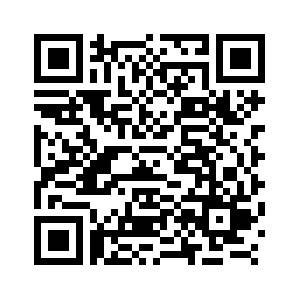BEIJING, May 11 (Xinhua) -- A Chinese Foreign Ministry spokesperson on Wednesday slammed Australia for making irresponsible remarks on the China-Solomon Islands security agreement, urging Australia to cease wantonly criticizing Solomon Islands' independent foreign cooperation and stop exerting pressure and coercion.
According to media reports, Australian Foreign Minister Marise Payne recently met her Solomon Islands counterpart Jeremiah Manele in Brisbane, Australia. Payne said that Australia holds concerns about the China-Solomon Islands security agreement, including the lack of transparency.
"Since Australia declares its 'respect for Solomon Islands' sovereign decision-making,' it should act like it said," spokesperson Zhao Lijian said at a daily news briefing, noting the Pacific Island countries, including the Solomon Islands, are sovereign and independent countries, not a backyard of anyone.
Zhao said that China has briefed on its security cooperation with the Solomon Islands on many occasions. He once again defended the signing of the inter-governmental framework agreement on security cooperation between China and the Solomon Islands as a right of two sovereign states.
"It is normal cooperation in law enforcement and security, and consistent with international law and international customary practices," Zhao said, adding the security cooperation between the two countries is open and transparent and does not target any third party. It proceeds in parallel with the Solomon Islands' existing cooperation with other partners and regional mechanisms and conforms to the common interests of the Solomon Islands and the South Pacific region.
"What we really need to worry about is the fact that Australia, without communication and consultation with the Pacific Island countries, pieces together military blocs and stimulates the arms race together with countries like the United States and the United Kingdom, and brings nuclear proliferation risks to the South Pacific region," Zhao said.
"It is the deeds of Australia that is neither open nor transparent, which countries in the region are deeply concerned about," Zhao said. ■



